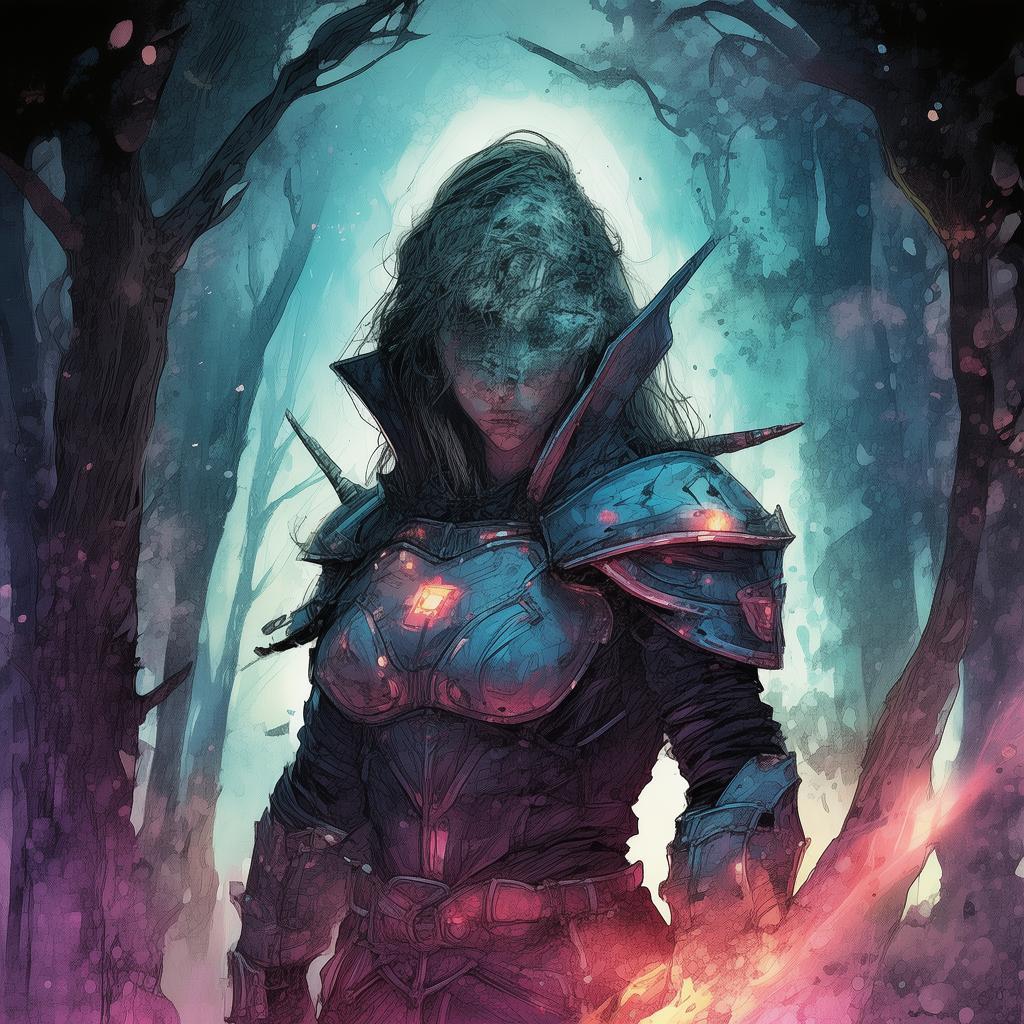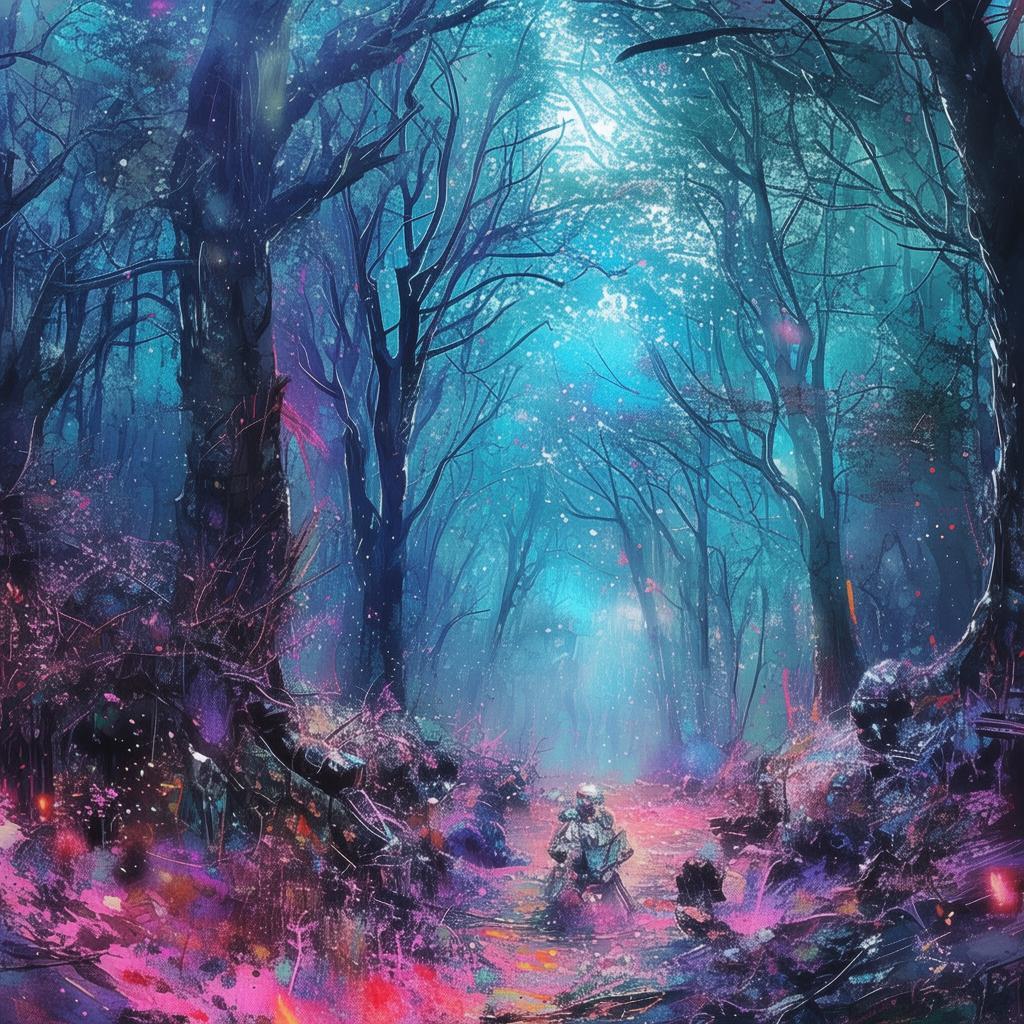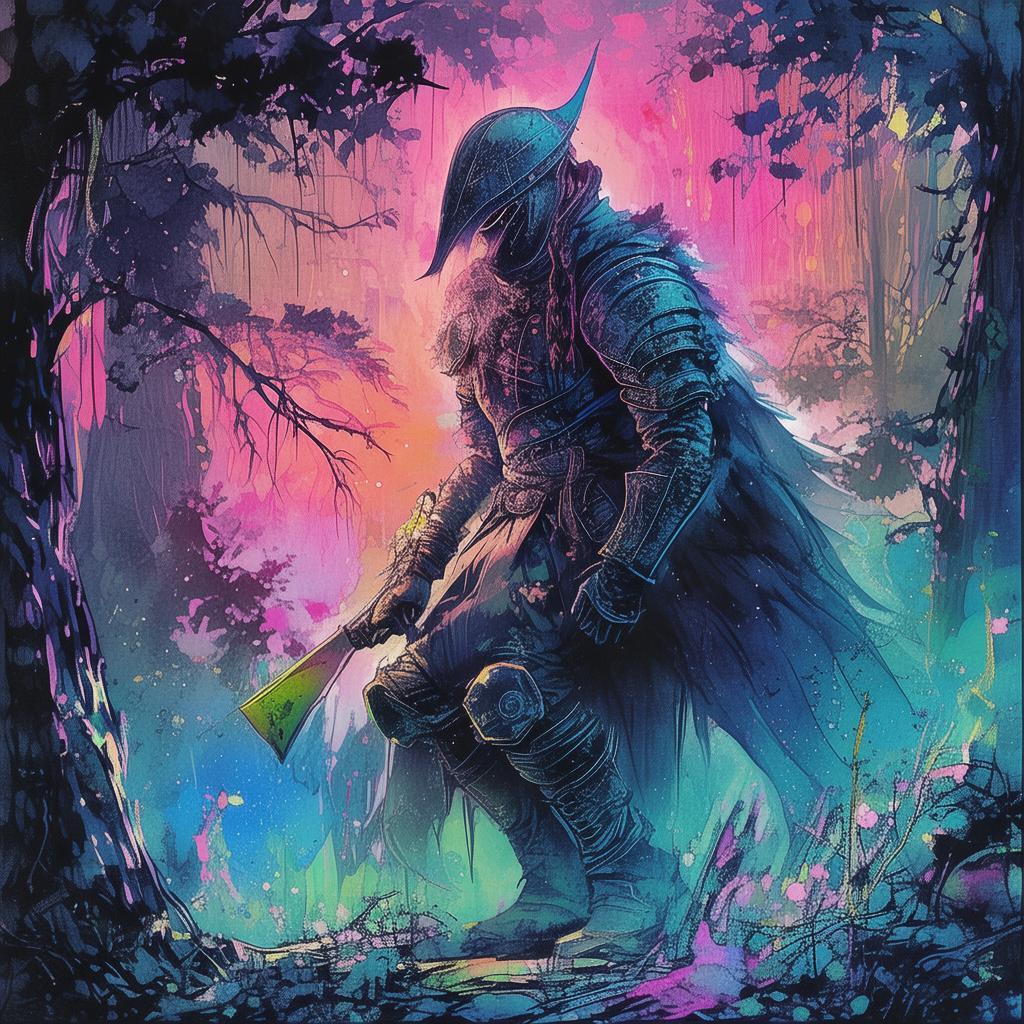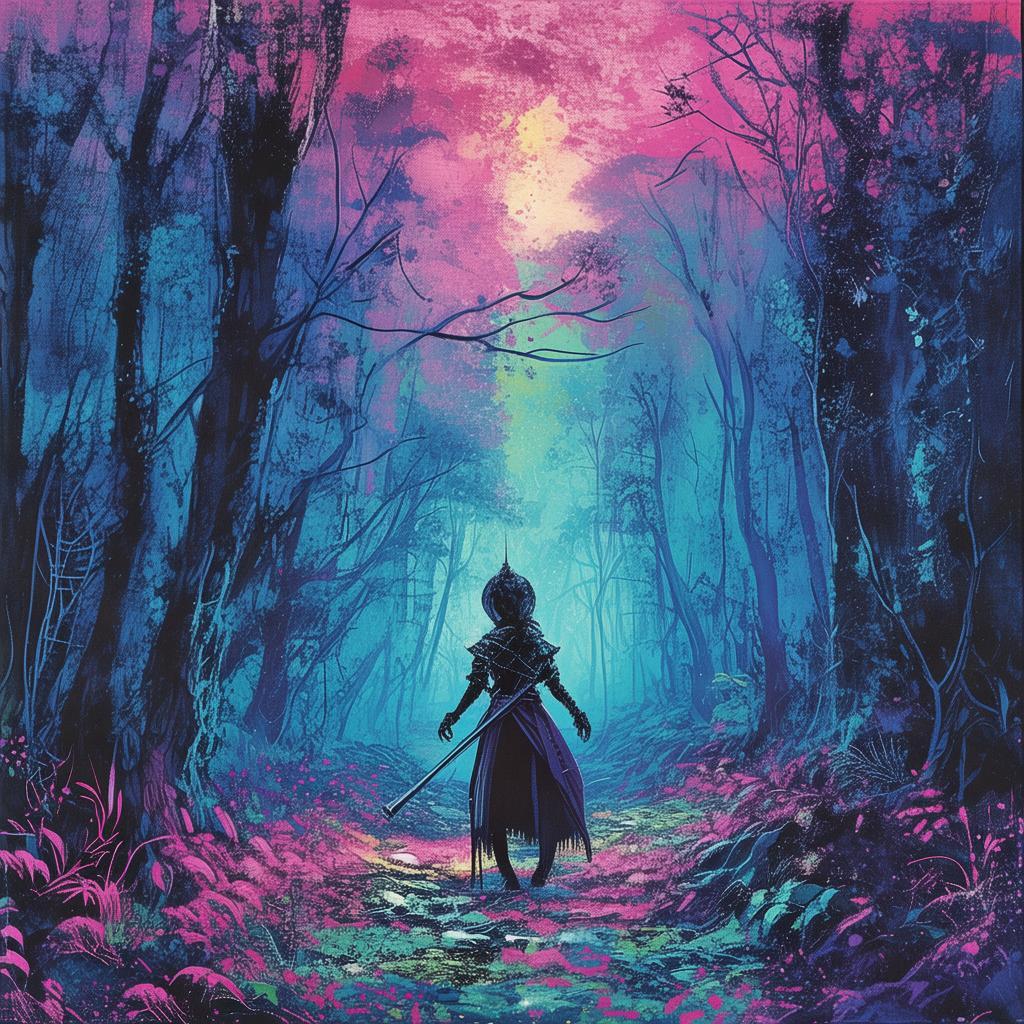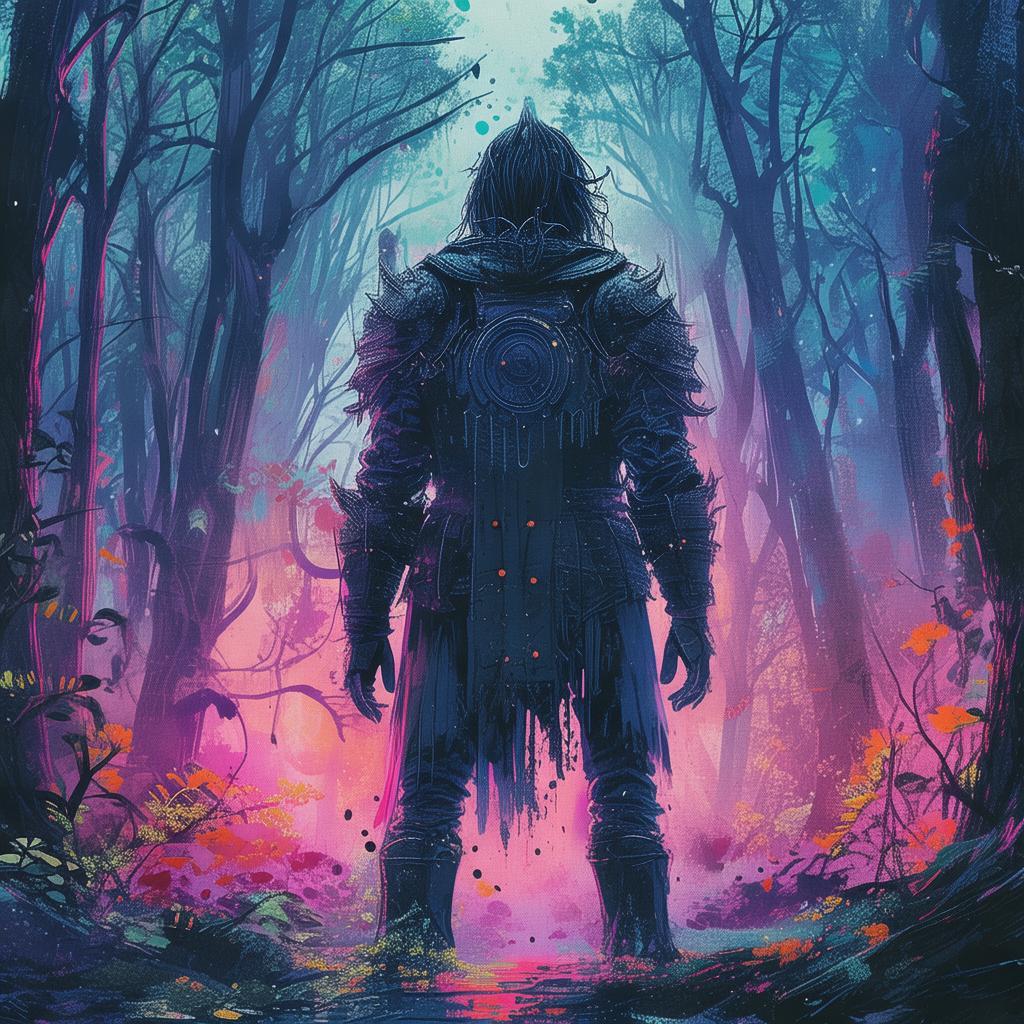The Last Garden of Yenji: A Lament for the Future
In the year 2147, the once-thriving city of Lumina stood as a beacon of human ingenuity and progress. Towering skyscrapers, sleek hovercrafts, and bioluminescent forests painted the skyline with hues of neon and emerald. It was a world where technology and nature coexisted in harmony, a testament to humanity's ability to overcome its limitations.
But as the years passed, the balance between the two began to shift. The ever-growing demand for resources and the relentless pursuit of technological advancement led to a catastrophic chain of events. Climate change, resource depletion, and a technological arms race spiraled out of control, culminating in the Great Collapse.
In the aftermath, what remained of Lumina was a desolate wasteland, its citizens scattered like seeds in the wind. Amidst the ruins, a solitary figure named Yenji toiled in the remnants of a once-grand garden. His hands, calloused from the toil of the earth, were the last testament to a world that had been lost to time.
Yenji had been a child of Lumina, raised in the heart of its splendor. He had seen the city's rise and fall, and in his heart, he carried the seeds of its former glory. Each day, he tilled the soil, planting the flowers that once adorned the streets of Lumina. He watered them with the tears of his youth, and he spoke to them as if they were the lost souls of his city.
One day, as Yenji worked, he noticed something strange. The flowers he had planted were not blooming as they should. Instead, they twisted and contorted, their petals turning black and withering away. Despair gripped him as he realized that the soil he tilled was no longer fertile; it was poisoned by the remnants of a world that had forsaken its natural balance.
Yenji's despair turned to determination. He resolved to find a way to cleanse the earth and restore the garden to its former splendor. He traveled to the ruins of the city, seeking out old texts and records of the natural sciences that once thrived in Lumina. There, he discovered a forgotten ritual, one that required the blood of a pure heart to purify the soil.

With a heavy heart, Yenji made the ultimate sacrifice. He cut his own wrist and allowed his blood to seep into the earth. As the crimson liquid mixed with the soil, the flowers began to change. They straightened, their petals unfurling in a dance of rebirth. The air around him seemed to hum with a newfound life, and Yenji knew that he had succeeded.
But the victory was bittersweet. The ritual had drained him of his life force, and he knew that he would not see the full bloom of his garden. Yet, as he lay in the dirt, watching the flowers dance, he felt a sense of peace. For in his last moments, he had given life to something that had been lost for so long—a garden of hope in a world of despair.
Word of Yenji's garden spread through the wasteland, and soon, a small community of survivors gathered around it. They saw in the garden a symbol of resilience and hope, a reminder that even in the darkest of times, life could still flourish. And so, the Last Garden of Yenji became a beacon of light in a world that had nearly forgotten the meaning of hope.
As the sun set over the desolate landscape, casting long shadows over the garden, Yenji closed his eyes for the last time. But his legacy lived on, a testament to the enduring spirit of humanity and the power of nature to overcome adversity.
The Last Garden of Yenji was not just a place of beauty; it was a symbol of the future, a reminder that even in the face of destruction, there was always a chance for renewal. And as the flowers continued to bloom, they whispered to the world that the garden of Yenji was not just a garden of the past, but a garden of the future as well.
✨ Original Statement ✨
All articles published on this website (including but not limited to text, images, videos, and other content) are original or authorized for reposting and are protected by relevant laws. Without the explicit written permission of this website, no individual or organization may copy, modify, repost, or use the content for commercial purposes.
If you need to quote or cooperate, please contact this site for authorization. We reserve the right to pursue legal responsibility for any unauthorized use.
Hereby declared.



